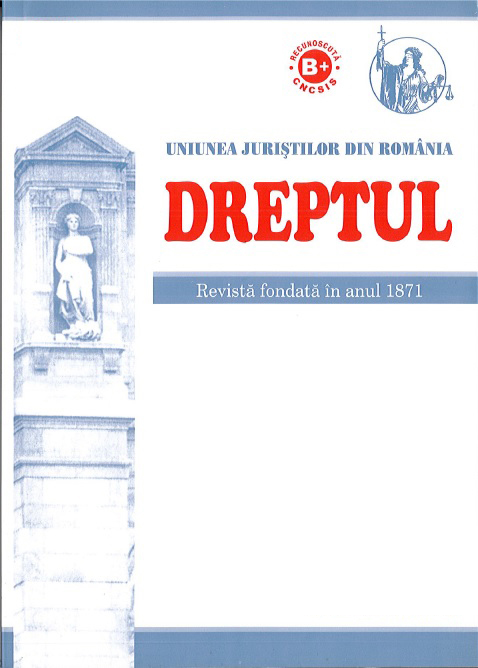Legal separation („separația de corp”) is a quasi-divorce, which does not lead to the dissolution
of the marriage, but produces certain legal consequences on personal and patrimonial relations
between spouses. Based on religious motivations, legal separation is the compromising solution
adopted in states of Catholic religion, in which marriage is seen as an indissoluble and perpetual
bond. Although known in several Member States of the European Union (EU), legal separation has
meanings, conditions, procedure and effects that differ from one state to another. In Romanian law,
the institution of legal separation is not regulated. The Orthodox religion, predominant in Romania,
rejects the dogma of the indissolubility of marriage and allows divorce. However, in the Civil Code,
among the provisions of private international law there is a rule indicating the law applicable to legal
separation. The use of the notion, which is otherwise singular, is not accompanied by a definition or
explanation of the term. In the European regulations (the Regulation Brussels II bis on jurisdiction1
and the Regulation Rome III on the applicable law2
), directly applicable in Romania, two similar
notions are used, those of „separare de drept” (legal separation) and of „separare de corp”
(separation of body).
AUTORITĂȚILE ROMÂNE FAȚĂ ÎN FAȚĂ CU INSTITUȚIA SEPARAȚIEI DE CORP CA EFECT AL APLICĂRII REGULAMENTELOR EUROPENE
15.00lei


